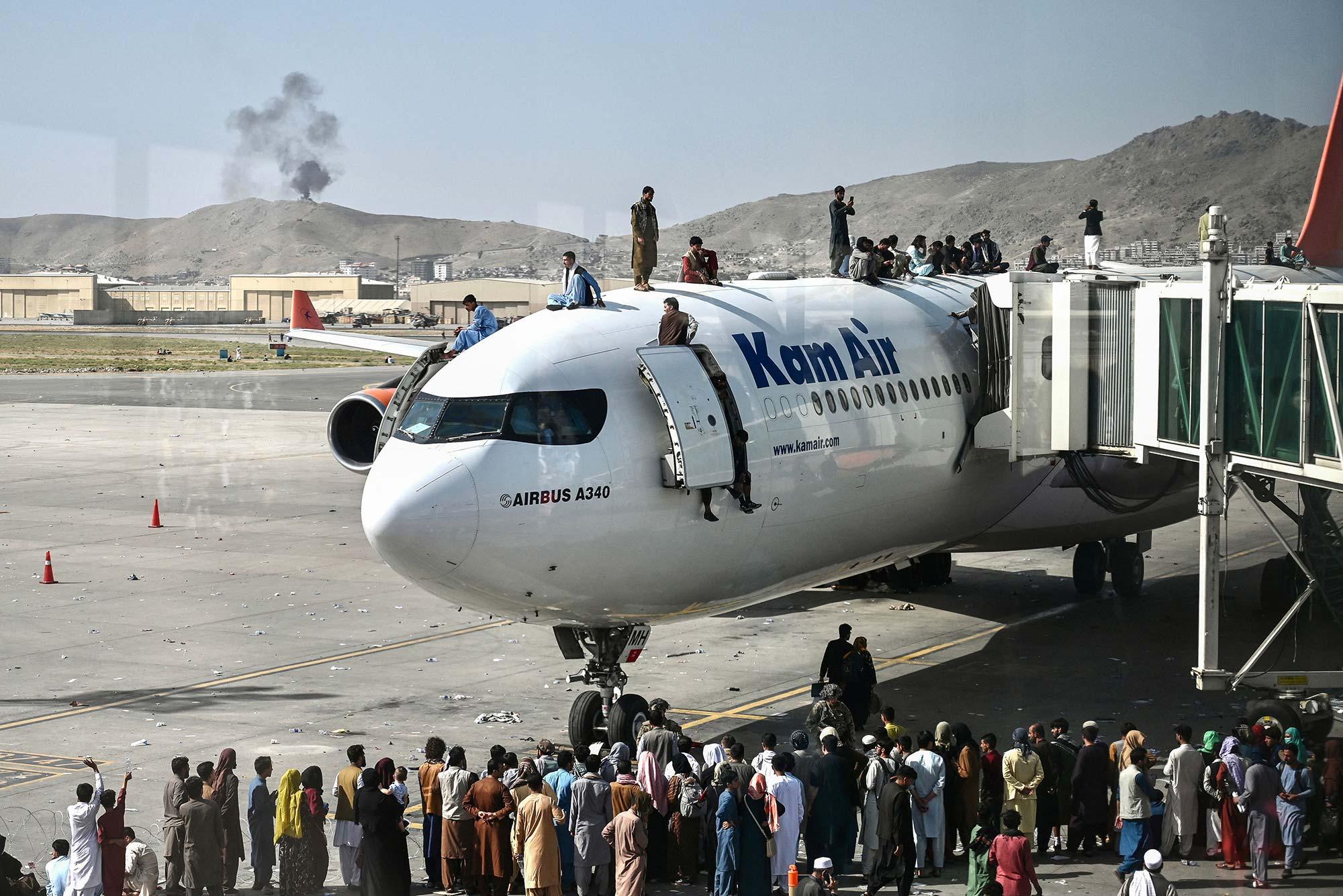In the shadowy corridors of power, where decrees echo like thunderclaps, the Taliban have once again drawn a stark line through the hopes of Afghanistan’s humanitarian landscape. With a pronouncement that sends tremors through international aid networks, they have signaled the imminent closure of non-governmental organizations that continue to employ Afghan women—a move that threatens to unravel the delicate threads of support sustaining millions in one of the world’s most fragile economies. As the world watches, this latest directive promises to reshape the contours of humanitarian assistance in a country already teetering on the brink of crisis. In a sweeping and controversial decision, the Taliban have announced their intention to shut down non-governmental organizations operating within Afghanistan if they continue to employ female workers. This directive strikes at the heart of humanitarian efforts in a country already grappling with severe economic and social challenges.
The proclamation sends shockwaves through international aid networks, potentially crippling crucial support systems that provide essential services to millions of vulnerable Afghans. Organizations focusing on healthcare, education, economic development, and humanitarian relief will be significantly impacted by this prohibitive mandate.
Foreign aid groups have consistently maintained that female staff are integral to effectively reaching and supporting female populations, particularly in conservative regions where cultural norms restrict male-female interactions. By eliminating women from these roles, the Taliban effectively create insurmountable barriers to comprehensive assistance.
Recent experiences demonstrate that such restrictions dramatically reduce operational capacity. When similar policies were implemented previously, many international organizations were forced to suspend or significantly scale back their activities, leaving critical community needs unaddressed.
Women’s participation in NGO work represents more than employment; it symbolizes hope, resilience, and potential for societal transformation. These roles provide opportunities for professional development, economic independence, and community engagement—attributes the current regime seems determined to suppress.
The international community has responded with growing concern, with many donors and humanitarian agencies warning they cannot continue operations under such restrictive conditions. This potential mass exodus of aid organizations could precipitate a humanitarian crisis of unprecedented proportions.
Economic implications are equally profound. NGO sectors have been significant employers of skilled professionals, particularly women, in a country where economic opportunities are already severely limited. The directive threatens to further marginalize women from professional landscapes.
Human rights organizations argue that these restrictions represent systematic gender-based discrimination, violating fundamental principles of equality and human dignity. The move contradicts international human rights standards and undermines Afghanistan’s potential for inclusive development.
As negotiations and diplomatic pressures continue, the humanitarian sector finds itself at a critical juncture. The Taliban’s uncompromising stance challenges the very essence of humanitarian principles, potentially isolating Afghanistan further from global support networks.
The consequences extend beyond immediate operational disruptions. Such policies risk entrenching gender inequality, limiting women’s social mobility, and perpetuating cycles of economic and social marginalization that have long characterized Afghanistan’s complex social dynamics.





